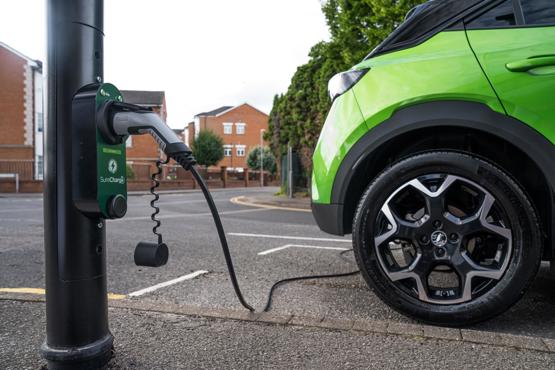Nearly half of UK fleet managers expect to be using artificial intelligence (AI) systems before 2030 to help improve the management of their vehicles and drivers.
Webfleet, the fleet management and telematics specialist owned by parent company Bridgestone, conducted a global study among 1,800 fleet managers across 15 countries as part of its 25th anniversary.
Approximately 15% of UK fleet managers are already using AI systems, a third (33%) are planning to and 43% are considering it as an option for the future.
More than half (58%) believe AI will help optimise route planning and logistics, while 51% anticipate it enhancing driver safety, behaviour analysis, predictive maintenance and asset management.
The push towards AI comes as fleets seek to cut costs and improve efficiency, with 50% predicting its emergence will reduce operational expenses and 47% expecting it to automate administrative and compliance tasks.
EV influence still trumps AI

However, UK fleet operators still think that electric vehicles (EVs) will be more influential than AI, however.
More than a third (38%) predict EVs will have the biggest impact on fleet management in the next five years, with 28% citing AI and machine learning.
This contrasts with global figures where most fleet managers (32%) think that AI will have the biggest impact, followed by EVs (30%).
Beverley Wise, Webfleet UKI regional director for Bridgestone Mobility Solutions, said: “The adoption of AI in fleet management is set to become much more than just a technological upgrade.
“It will prove a strategic necessity as the world of business enters a new data-driven era.
“Our study has shown that a significant number of fleets recognise the transformative benefits of AI, from cost reduction to improved safety.
“As the industry sets its sights on greater efficiency and sustainability, embracing AI will be crucial for those that hope to remain competitive.”
AI adoption is also seen as a key driver for enhancing environmental sustainability.
According to the study, 43% of fleet managers believe AI will significantly boost fuel efficiency and reduce emissions. This aligns with broader industry goals of reducing carbon footprints and advancing eco-friendly operations.
The transition to AI, however, is not without challenges
The study revealed that 59% of those concerned about AI's impact cited the risk of data security breaches as a primary issue.
Elsewhere, the study found that 87% of respondents plan to increase their total investment in digital fleet solutions over the next five years.
This will be driven by a need for greater efficiency and reduced operational costs, cited by more than half (57%) of the respondents as the most compelling reason for an uplift in tech spending.
Enhancing driver and vehicle safety (47%) and gaining better visibility and control over fleet assets (41%) were also found to be key motivators.
“The move towards digital solutions, including AI, is a clear indication of where the future of fleet management is headed,” said Wise.
“Fleet operators are looking for ways to optimise their operations, enhance safety and meet sustainability goals.
“Digital tools can offer a powerful solution, providing real-time data and insights that can lead to smarter and more efficient decision-making.”

























Login to comment
Comments
No comments have been made yet.